Liszt’s compositions tend to have descriptive titles — “Wild Chase;” “Dreams of Love” — whereas Chopin avoided titles. Thomas Wentworth Higginson wished titles on Emily Dickinson’s poems, opposed by his fellow editor Mabel Loomis Todd. They didn’t stick. Maybe this is why Dickinson is acclaimed but unread. “I heard a Fly buzz” is easier to remember than 465. We can express this truth by quoting Dickens on the Bible in Little Dorrit: “such hiccupping reference as 2 Ep. Thess. C. iii, v. 6 & 7.” Or by remembering how often we forget our several PINs.
For poets, titles can be a resource, a useful press release before the actual poem
Titles are important. Titles are useful. For poets, titles can be a resource, a way of off-loading information, a handy press release before the actual poem. “Flying to Belfast, 1977” orientates the reader. So does Frank O’Hara’s “The Day Lady Died.” Auden’s “A.E. Housman,” “Rimbaud” and “At the Grave of Henry James” are functional, time-saving and deceptively laconic.
And titles are intriguing. They pique the reader’s interest. Here are some good titles: When Hitler Stole Pink Rabbit, The Minotaur Takes a Cigarette Break, A Short History of Tractors in Ukrainian, Delta of Venus, True at First Light, Death in the Afternoon, “For Esmé — with Love and Squalor,” “A Perfect Day for Bananafish.” The Hemingway titles are probably the best things about the books.
Short titles are less risky but less effective. My daughter’s play, Consent, survived the disaffected comment of her playwright brother: “It sounds like a brand of cigarette. Twenty Consent, please.”
In 1979, I was in the George pub outside the BBC with Seamus Heaney. It was the first time we had met. We were discussing titles. He liked A Martian Sends a Postcard Home as a title. He said he was getting together a book of reviews and lectures (which later became Preoccupations). He thought a good title would be Siftings: “you know, Hopkins, ‘soft sift/ In a hourglass.’” Or, I said, “let their liquid siftings fall/ To stain the stiff dishonored shroud.” That was my first (unofficial) editorial transaction with him. I remember his rueful laugh. (Incidentally, “stiff” is a rich adjective, rigor mortis transferred to the shroud.)
Ted Hughes’s River was initially The River. Ted saw the point of my suggestion to remove the definite article and release the book’s archetypal quality. Timothy Garton Ash once told me that it was on his advice that Ian McEwan’s Atonement was preferred to the original title The Atonement.
A Handful of Dust. Vile Bodies. Novelists often choose quotations for their titles. Tender is the Night, for example — though I don’t understand why Fitzgerald took his title from Keats’s “Ode to a Nightingale.” Starting with the drink-damaged composer Abe North and concluding with Dick Diver’s descent into alcohol-fueled outspokenness and destructive behavior, Fitzgerald’s title may point us to the immediately preceding lines: “For I will fly to thee,/ Nor charioted by Bacchus and his pards.” In other words, booze. Instead, Keats wishes to join the nightingale and be transported on “the viewless wings of Poesy” — the ideal which escapes Diver. Read this way, Fitzgerald’s title would be ironic.
Obviously, Nor Charioted by Bacchus would have been a lumbering title. And perhaps too much to the point. When Patrick Marber was writing Closer, he was open to suggestions for a title. I came up with The Buried Life and suggested an epigraph from Conrad’s Heart of Darkness, “we live as we dream — alone.” Rightly, Patrick rejected it. It fitted too well. It explained too much. Closer played its cards closer to its chest.
Tennessee Williams’s A Streetcar Named Desire was originally called Poker Night. A Streetcar Named Desire was apparently the idea of his agent, Audrey Wood. Why Poker Night? Because poker is a game of bluff and the calling of bluff. Blanche DuBois’s many pretenses are called by Stanley. As a title, it was sparely descriptive. A Streetcar Named Desire is more ambitious; it wants to be transported on “the viewless wings of Poesy.” Named. Not Called. High-falutin but unforgettable.
Edward Albee, interviewed in the Paris Review, explained the genesis of his title: “they had a big mirror on the downstairs bar in this saloon where people used to scrawl graffiti. At one point back in about 1953… 1954, I think it was — long before any of us started doing much of anything — I was in there having a beer one night, and I saw ‘Who’s Afraid of Virginia Woolf?’ scrawled in soap, I suppose, on this mirror. When I started to write the play it cropped up in my mind again. And of course, who’s afraid of Virgina Woolf means who’s… afraid of the big bad wolf, who’s afraid of living life without false illusions. And it did strike me as being a rather typical university, intellectual joke.”
To be clearer, in the fairy tale, the wolf huffs and puffs and blows down the house of the three little pigs. Virginia Woolf means that we are dealing with a different house — the house of fiction. And George and Martha’s central fiction is that they have a son — an illusion, a private shared fantasy that is blown away in the course of the play.



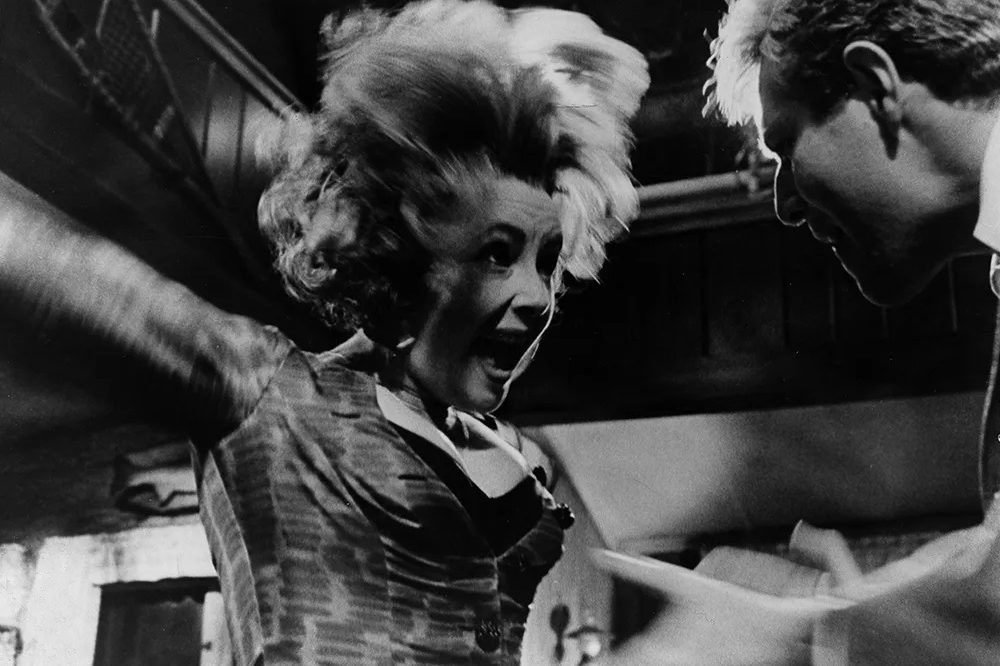






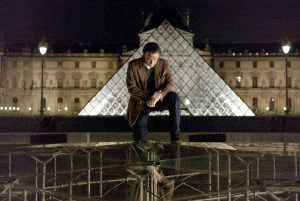
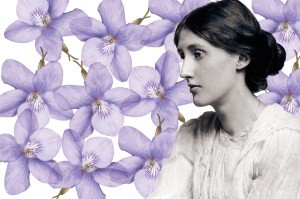
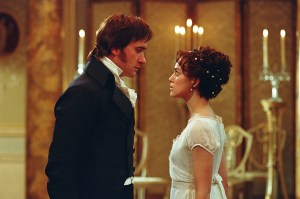
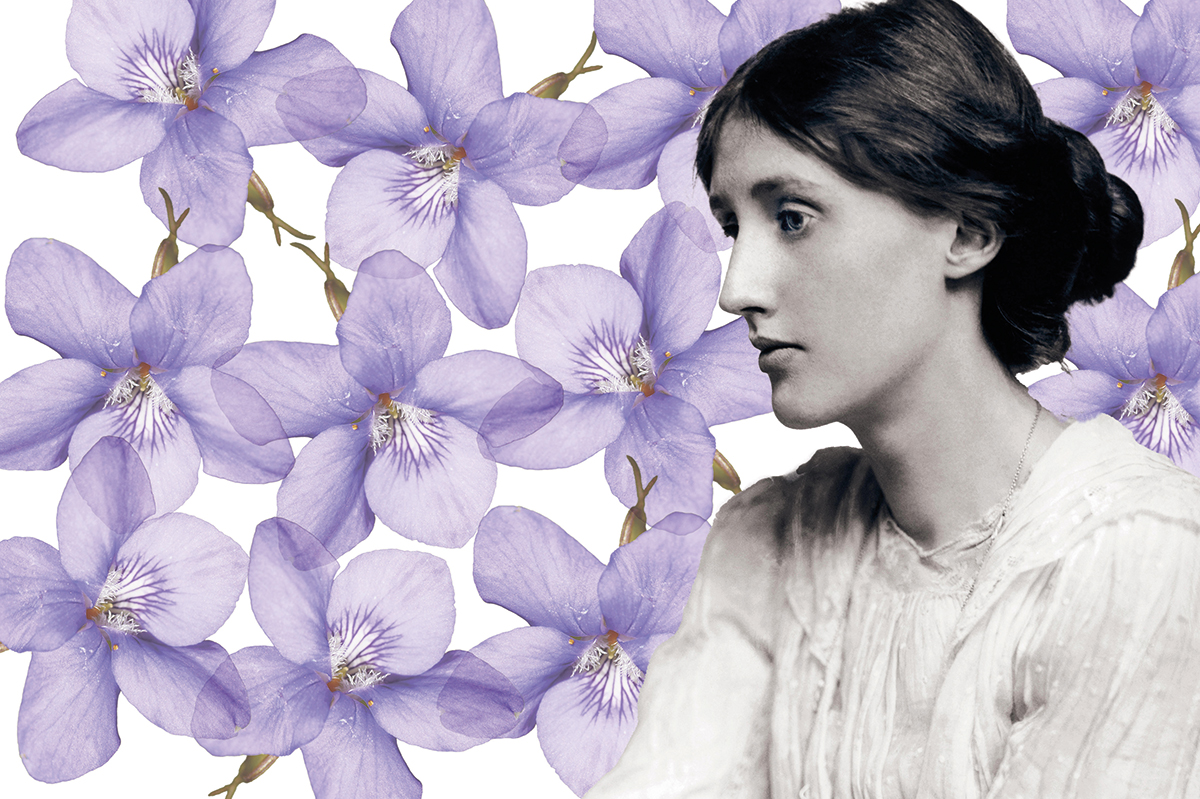
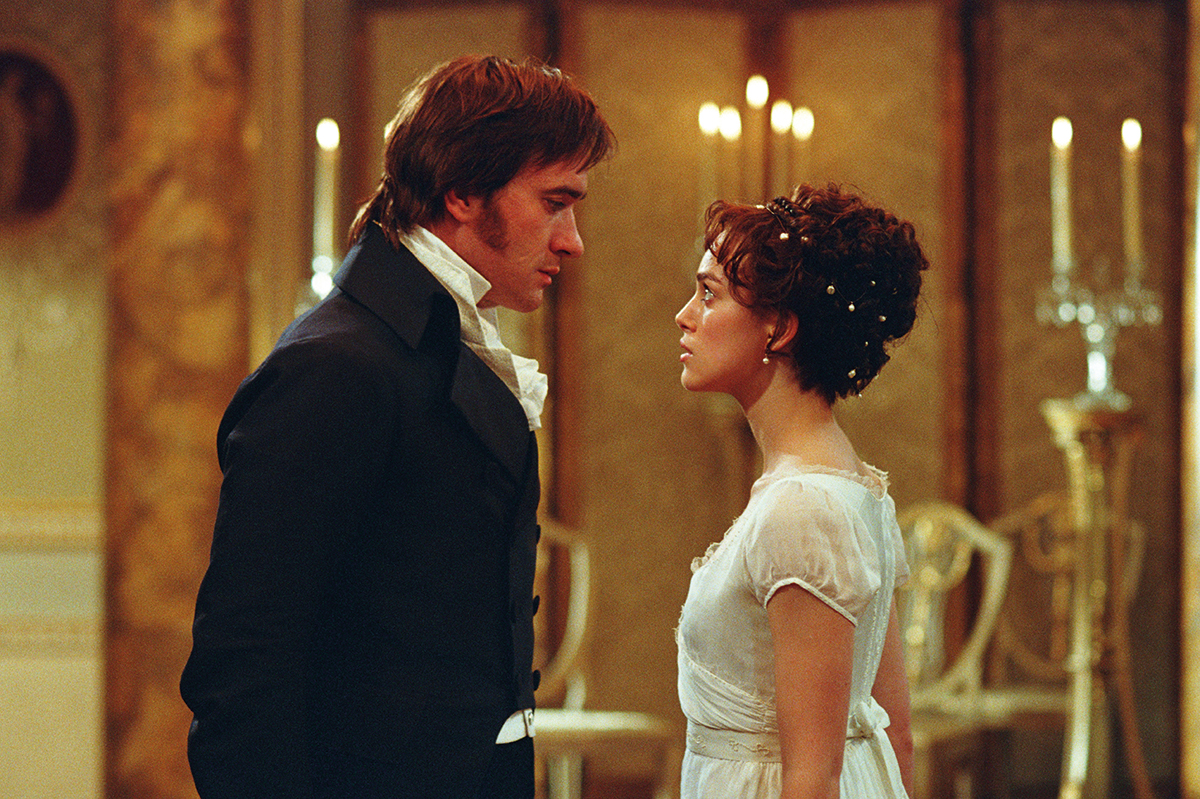
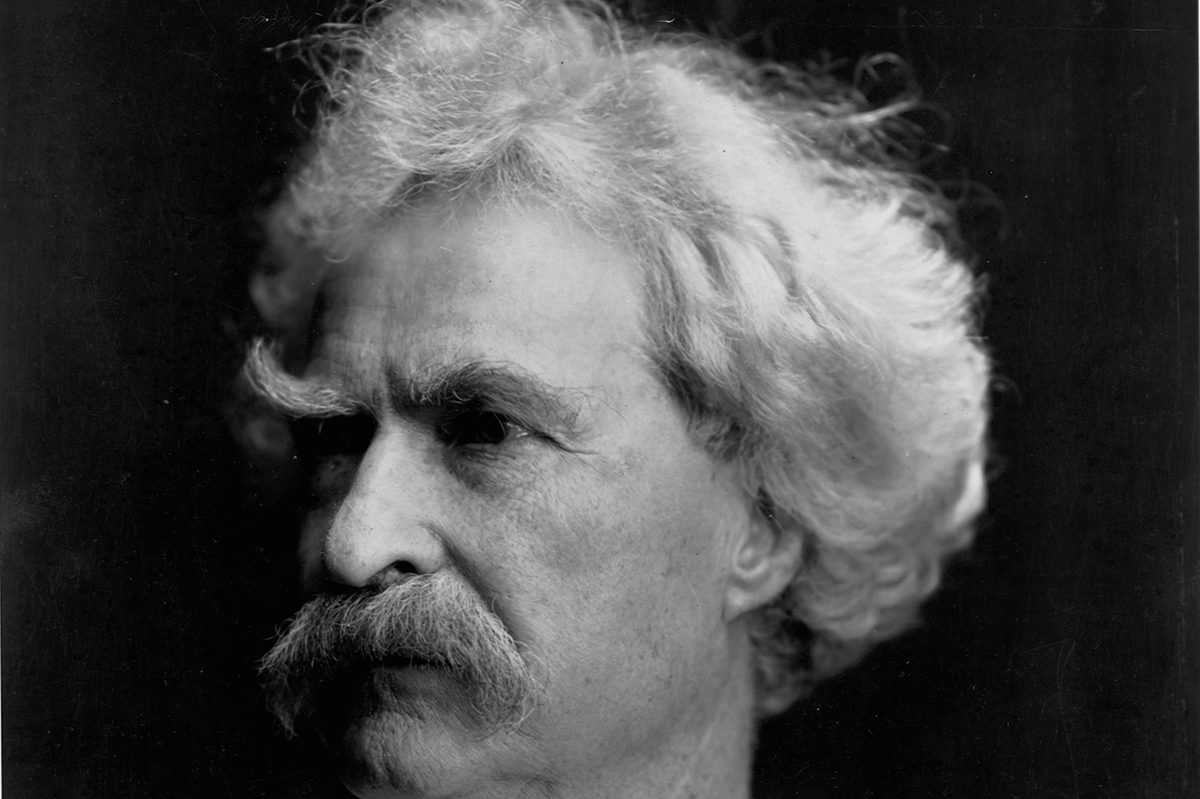
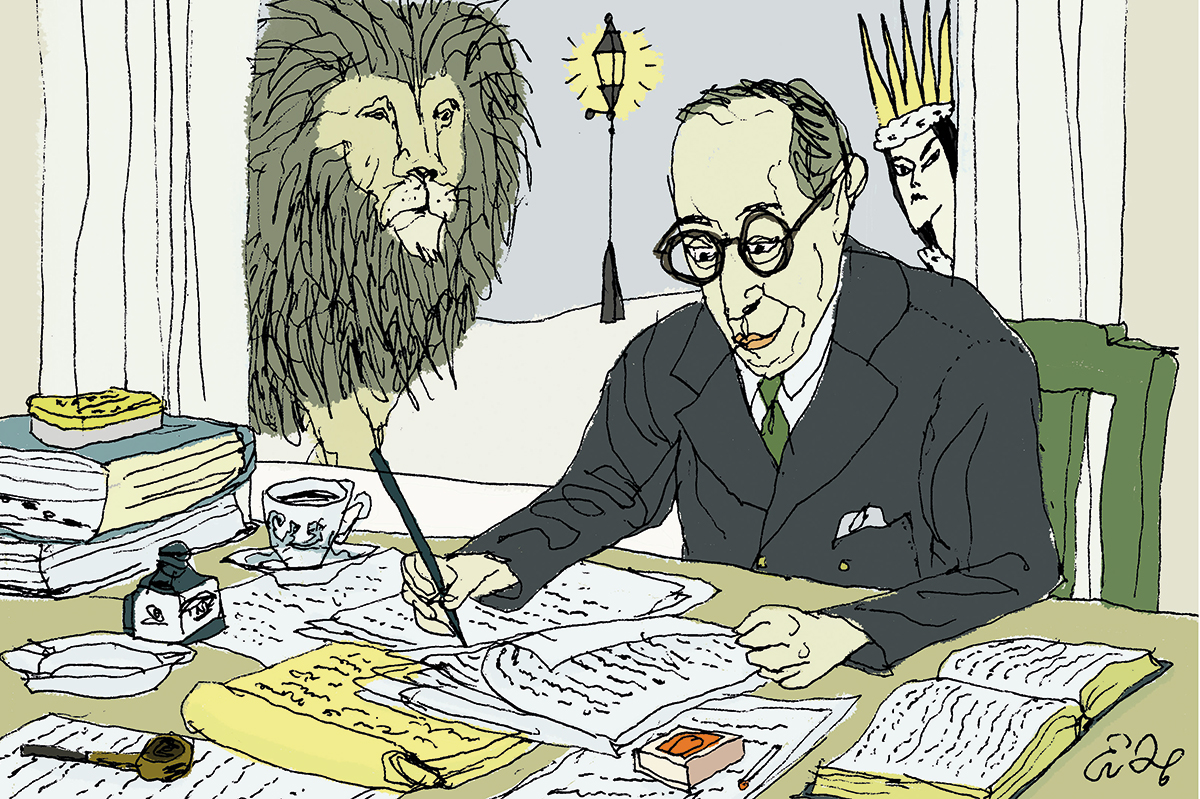









Leave a Reply